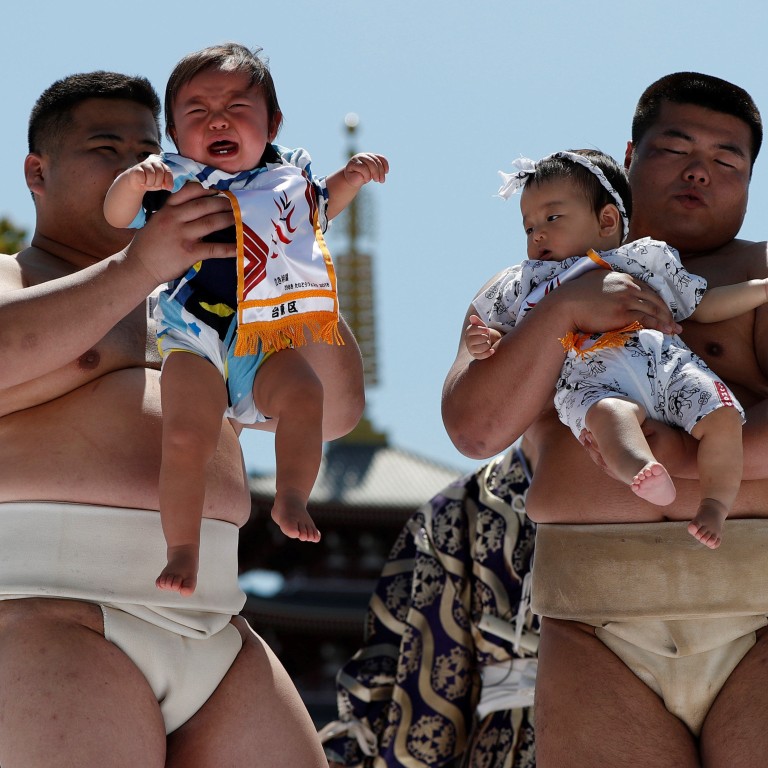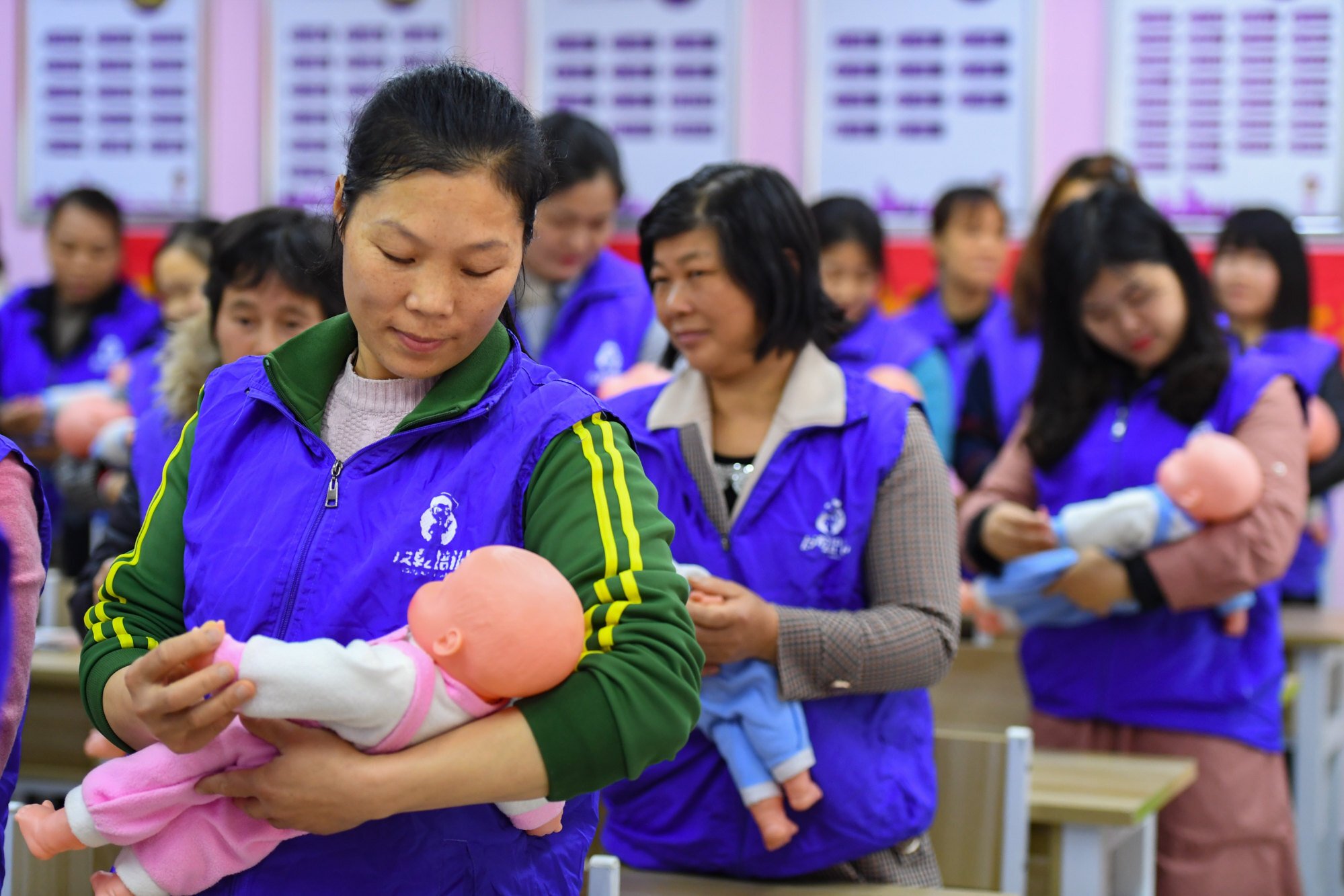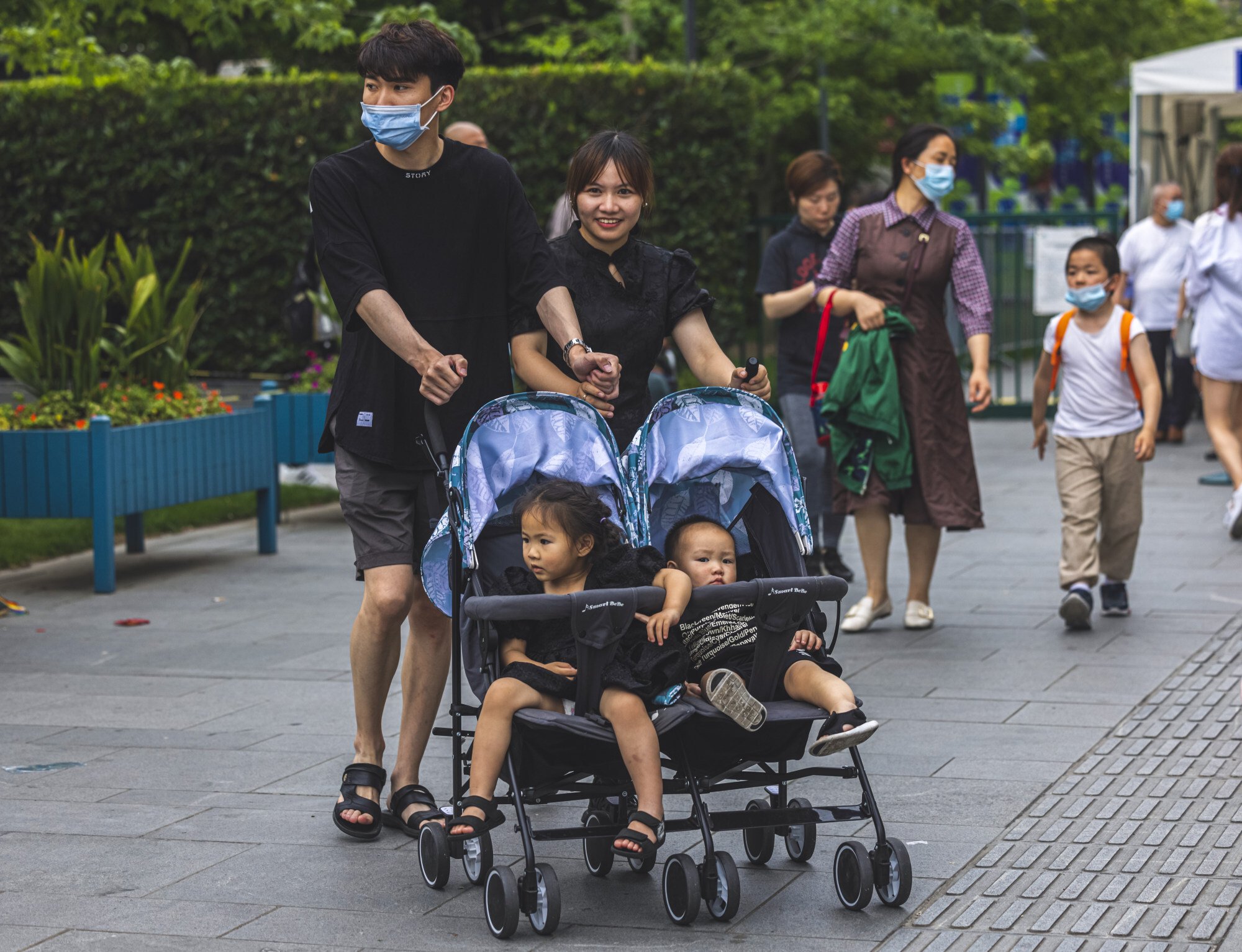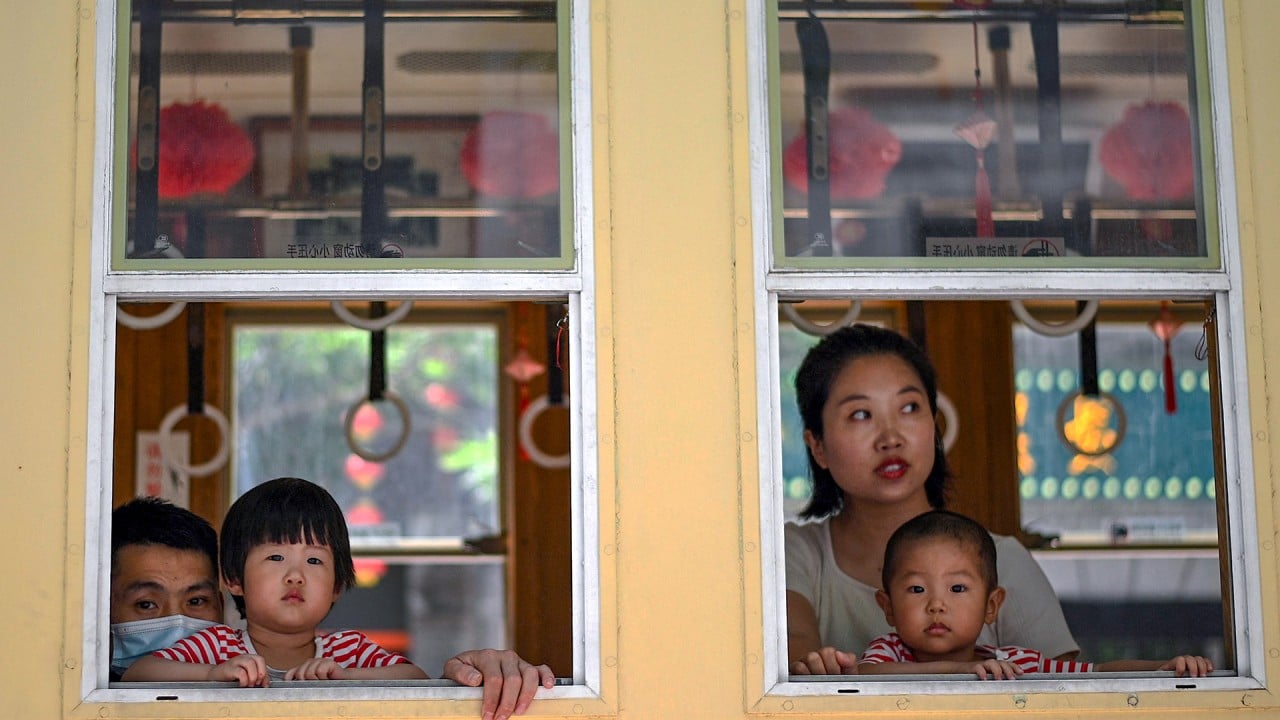
Japan’s message for China: a baby boom isn’t going to happen
- In many respects, trends in China, including its demographics and ageing society, are following a well-trodden path taken by the Japanese 25 years ago
- China still has time to learn from Japan and come up with a plan
MADE IN JAPAN
Five years ago, I had the good fortune to meet Aya, a lovely young lady working in Tokyo’s financial district.
Aya’s career was accelerating fast, and in her late-20s, recently married, she was now looking to start a family. It was refreshing to hear her excitement, given all the negativity around Japan’s “lost generation”, and their lack of babies. And it seemed many of her friends were like-minded and wanted babies too! The proviso was that they found affordable childcare so they could continue with their professional careers, and that the long-term education costs would be easily within their means. The message was clear enough.
I started working on the theory that under the right conditions, and with the famous Japanese herd mentality, there could be a baby boom among these 20- to 30-year-olds that would benefit the long-term economy and go some way towards stabilising the population decline.
Companies were encouraged to support the baby drive and, led by Toyota Motor, set up crèches, offered generous maternity benefits, paternity leave and even bonuses for multiple babies. Everything pointed to a fix, but the boom never happened.

In hindsight there are three things I badly misjudged:
-
Japan does not actually need to maintain economic growth domestically, and therefore doesn’t need 100 million people. By 2016, more than half of everything Japan made and sold was in fact made or sold overseas. Japan had basically offshored its manufacturing growth and put in place a reliable long-term annuity to supplement domestic income. Political policies are not necessarily introduced for economic benefit.
-
People lie. When presented with the question “why don’t you have more babies?”, people gave a bunch of reasons, mainly lack of nurseries, cheap education, et cetera. Japan fixed that, and it didn’t work. In 2018, Japanese couples had an average 1.7 children, but said they wanted 2.4. That would be an extra 370,000 kids. Japan could have been winning the demographic challenge, but instead, it fibbed.
-
I thought that a change in circumstances would result in a rapid reversal, but it turns out demographics are slow-moving trends with a lot of momentum and factors that aren’t obvious at first.
TURNING JAPANESE
Equity investors may as well give up and kiss the HSI goodbye
I pulled some Japanese statistics for 1992 and compared them against the year China reported reaching the same figure. Here are just a few of the things I found:
-
Japan in 1992 reported a median age of just 38 years. China reported the same in 2016.
-
Japan’s ageing index in 1992 – the ratio of seniors to every 100 people 15 years or younger – reached 76 per cent, China observed the same level in 2018.
-
The proportion of the population between 15 and 35 years, the age at which they’re most likely to have kids, was just 35 per cent. That was the case for China in 2020.
Since 1992, in Japan’s post-boom slowdown, the country’s demographics have got markedly worse. By 2016, the social security payment burden had doubled from 1993 and the Japanese government has not yet been able to reverse the trend.
Japan’s number-crunchers regularly forecast that the cost of supporting seniors can bankrupt the country’s social security and pensions. If that’s the case, then China is going to face the same problem.
THE MILLENNIALS
I moved to Tokyo at the tail-end of its economic bubble in 1986. At the time, everyone worked hard and played hard, with the locals pulling 12 to 14 hour working days, six days a week. And yet they were seen in every tourist location around the world touting a camera, flush with cash, and were having children – today’s millennials. I see a similarity here with the Chinese “996” working system: 9am-9pm, six days a week, but when they have time to spend, they don’t hold back, except when having babies.
After Japan’s devastating post-boom economic crisis, the country saw a slow but steady recovery to comfortable, though not excessive, living. But with the oldest millennials now starting to turn 40 years old, the generation that should be making babies isn’t. From various surveys, this is what they seem to be thinking about kids:
-
The cost. Three out of five childless couples cite the cost of having and raising a kid as the main reason why they don’t. A growing perception is that kids are not “worth it”.
-
The career hit. Millennial women are especially focused on their careers, and with today’s high-energy lifestyles fuelled with plenty of disposable income, they have more interesting things to do than have a baby.
-
The relationship. Many couples prefer to focus on their own relationship and not disturb it by throwing a baby into the mix.
-
Why bother? Child-free couples report that they are perfectly fulfilled and happy, and they don’t expect to regret not having kids. The notion of safety and company in old age is outdated, as they will age with friends and money.
-
In this world? Concerns about the climate emergency and pollution, political unrest, the economy and mental illness makes many people hesitant to bring kids into this world. And now the coronavirus pandemic has really put them off.

I REALLY THINK SO
Whatever the solution is to rapid population decline, if there even is one, it will certainly go beyond making childcare and education cheaper. At least in Japan, it has fallen short as the people in prime family-starting age are more interested in building their careers and enjoying life, even as they worry the future looks bleak for the next generation.
I’d suggest a mandatory “three-child policy”, mostly in jest. But if China can manage to solve its baby crisis then I’ll dust off my list of baby stocks at a moment’s notice. But right now, it doesn’t seem they can pull it off by turning Japanese.
Neil Newman is a thematic portfolio strategist focused on pan-Asian equity markets


